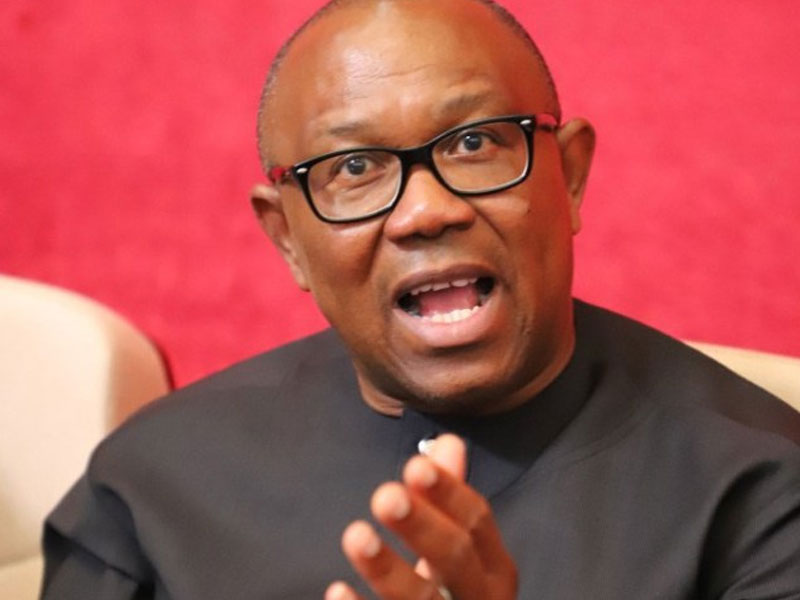Obidients: Thinly veiled ethnic enterpreneurs
Ask most people why countries break apart and many will say that different groups sharing a single country naturally dislike and distrust one another. Yugoslavia fragmented because the Serbs and Croats and then the Bosnian Muslims started to fight each other soon after the Soviet Union collapsed. Ethiopia recently descended back into civil war because […]

Ask most people why countries break apart and many will say that different groups sharing a single country naturally dislike and distrust one another. Yugoslavia fragmented because the Serbs and Croats and then the Bosnian Muslims started to fight each other soon after the Soviet Union collapsed. Ethiopia recently descended back into civil war because its various ethnic groups – the Tigrayans, Amharans, and those from the Sidama region~each wanted control of government.
So fundamentally, ethnic and religious differences must be the cause of all these conflicts, right?
Nigerians have a lot at a stake in the answer to this question. Our country has become increasingly divided, with ethnicity now playing a central role in debates over where the presidency should go come 2023.
For a society to fracture along identity lines, you need mouthpieces – influential people who are willing to make discriminatory appeal and pursue discriminatory policies in the name of a particular group. They provoke and harness feelings of fear as a way to lock in an ethnic constituency that will support their scramble for power. These mouthpieces are often politicians seeking to gain or maintain power.
So why do average Nigerians let themselves to be swept along this rhetoric? Perhaps surprisingly, they are often clear-eyed about ethnic entrepreneurs. They know these individuals have their own agenda and are not telling the whole truth. Many Igbo people did not trust, let alone love Peter Obi, who was a running mate to Atiku Abubakar few years earlier (2019). But they’re now willing to show support after a mounting threat ~ to their lives, livelihoods, families, or futures and over time, the Obidients’ rhetorics together with increasing ethnic biases, steadily sowed doubts. After silencing the disloyal-journalists and media outlets, they plied their audiences with unrelenting messages of fear and suspicion.
These ethnic entrepreneurs are now thriving. But they didn’t emerge out of nowhere. In fact, from the #EndSARS protesters, some of these ethnic entrepreneurs have metamorphosed to #OBIdients.
Unfortunately, Mr Obi is now relying on their appeals to win the presidency. Albeit, with a coded language.
Religion is next. In an effort to secure the support of evangelical leaders and their increasingly mobilised voters, the Obidients stake more and more pro-life positions.
Moral imperatives and cultural identities are now, more than ever, driving voting patterns.
From appealing to core policy concerns and stoking anxiety where it’s not required, these ethnic entrepreneurs are using different tools to upset the political atmosphere of the country.
Critically, a network of these gleeful ethnic entrepreneurs realised that they could gain ratings and influence by emphasising the tension online.
Into this political morass stepped in Peter Obi. In his bid for power, he realised that appeals to identity could galvanise his political base. Now he embraced identity politics explicitly and with gusto.
Although he remained an underdog in the race, his movement is a future incentive for other ethnic entrepreneurs who are now studying his playbook and will without a doubt use it to try to catapult themselves into power in the near future. They will build on the momentum, and they will do so by manufacturing threats, fomenting even more ethnic fear, and convincing the Igbo that they truly are in the midst of an existential fight. How far will these ethnic entrepreneurs go? How far will we let them?
Mubarak Shu’aib writes from Hardawa Misau LGA, Bauchi State of Nigeria. [email protected]
